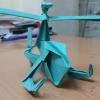Search Results
Showing results 181 to 200 of 411
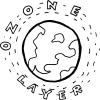
Battling for Oxygen
Working in groups, learners model the continuous destruction and creation of ozone (O3) molecules, which occur in the ozone layer.

Automotive Emissions and the Greenhouse Effect
Source Institutions
In this activity about global climate change, learners will conduct an experiment and collect data to compare the amount of carbon dioxide (CO2) in four different sources of gases.

Tube Zither
Source Institutions
In this activity, learners explore sound by constructing tube zithers, stringed instruments from Southeast Asia and the South Pacific.
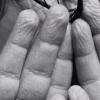
Test the Finger Wrinkle Hypothesis
Source Institutions
Learners create a tool to measure how well they grip a wet object when their fingers are smooth versus wrinkly. Are smooth or wrinkly fingers better at holding on to the object?
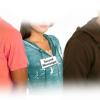
Jumpin' the Gap
Source Institutions
In this simulation of synapses, learners act out communication at the neural level by behaving as pre-synaptic vesicles, neurotransmitters, post-synaptic receptors, secondary messengers and re-uptake

Thermal Energy Put to Work
Source Institutions
In this activity, learners determine whether thermal energy can be used for work.
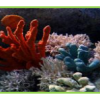
Corals and Chemistry
Source Institutions
In this activity, learners investigate how increased carbon dioxide (CO2) emissions from the burning of fossil fuels is changing the acidity (pH) of the ocean and affecting coral reefs and other marin
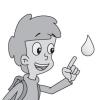
Let's Dew It!
Source Institutions
From the Weather Watchers featured theme on the CYBERCHASE website. Learners will conduct experiments to discover how air temperature and humidity work together to make condensation, dew, and fog.
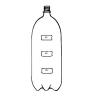
Under Pressure
Source Institutions
In this experiment, learners examine how pressure affects water flow. In small groups, learners work with water and a soda bottle, and then relate their findings to pressure in the deep ocean.
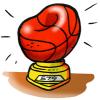
Air, It's Really There
Source Institutions
This lesson focuses on molecular motion in gases. Learners compare the mass of a basketball when it is deflated and after it has been inflated.
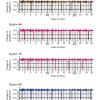
Transit Tracks
Source Institutions
In this space science activity, learners explore transits and the conditions when a transit may be seen.
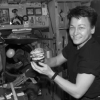
Servings and Choices
Source Institutions
In this nutrition activity (page 16 of PDF), learners document their individual eating habits and learn whether their eating patterns meet their needs.

Cool It
Source Institutions
In this outdoor activity/game, learners use thermometers to simulate how lizards survive in habitats with extreme temperatures.
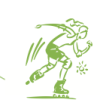
Your Energy Needs
Source Institutions
In this activity about the relationship between food and energy (page 8 of PDF), learners estimate average daily baseline energy (Calorie) needs and energy needs for different levels of activity.
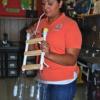
Double Horn
Source Institutions
In this activity, learners explore sound by constructing their very own instruments using PVC pipes, soda bottles, and a straw.

Paper Drop Design Competition
Source Institutions
Using paper, paper clips, an index card, and tape, teams of learners design flying devices to (1) stay in the air as long as possible and (2) land as close as possible to a given target.

Help Wanted
Source Institutions
In this interactive board game, learners "hire" different types of scientists to help canine character Ruff Ruffman solve unusual problems.
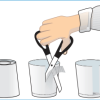
Cleaning Water with Dirt
Source Institutions
In this activity on page 7 of the PDF (Water in Our World), learners make their own water treatment systems for cleaning water.
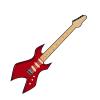
Energetic Musical Instruments
Source Institutions
Learners design and create musical instruments from common objects; their challenge is to create an instrument that can make three different tones.

